Teen Services
Getting Help for your Teen
Adolescence can be overwhelming filled with a lot of changes. Some of these changes are welcomed by both parent and teen. Other changes can be daunting for one or both leading the transition to be uncomfortable and confusing. Still other events were complete unexpected and even traumatic. The expectations to “manage it all” can be crushing. This time marks the beginning of increasing independence which can bring contention between parents and teens. Adolescence is also a time when mental illness becomes more prominent. Long story short being a teenager can be tough, but it can also be an exciting time of personal growth and development.
Not all teens are on board with the idea of ‘going to therapy’ and that’s totally understandable. It can be helpful to schedule two or three consults to get to know multiple professionals and find a comfortable environment and relationship to work on the challenges at hand. Following the consultations allow the teen to determine whom with they feel most comfortable working.
Parental involvement is still a critical element of adolescent counseling. Most sessions will be one on one with the therapist and client, with a brief check in with parent or guardian at the beginning or end of session when necessary. However parent and adolescent sessions, sibling and client and parent only sessions may also be a part of the process. These sessions are important to promoting healthy changes in the client’s systems. Another possible component of working with teens is collaboration with their school counselor or psychologist. This provides the client with access to a free professional in the place they spend a significant amount of their time. Working with a school counselor can allow for increased improvement. Collaboration is only utilized when appropriate and with the permission of the client and parents/guardians.
Common Concerns in Teens
ADHD
Anxiety & Worry
Depression
Family/Life Transitions (Blended Families, Divorce, Foster Care, Relocation)
Identity Issues
Oppositional (& other Problematic) Behaviors
Self Esteem
Substance Use
Suicidality
Unwanted coping mechanisms



